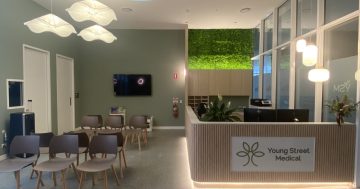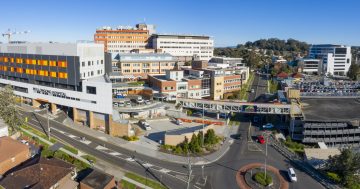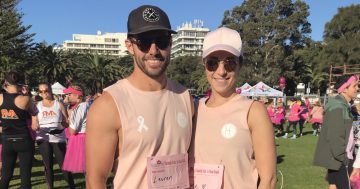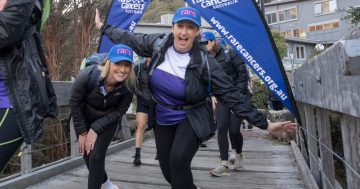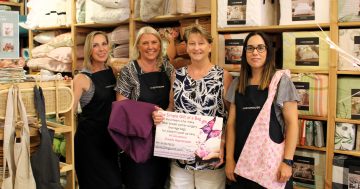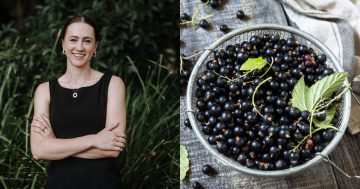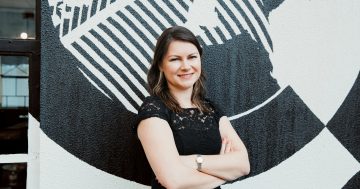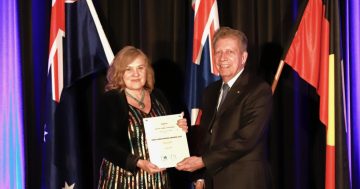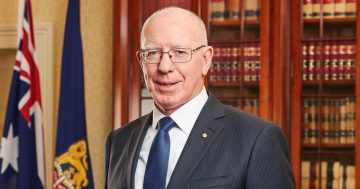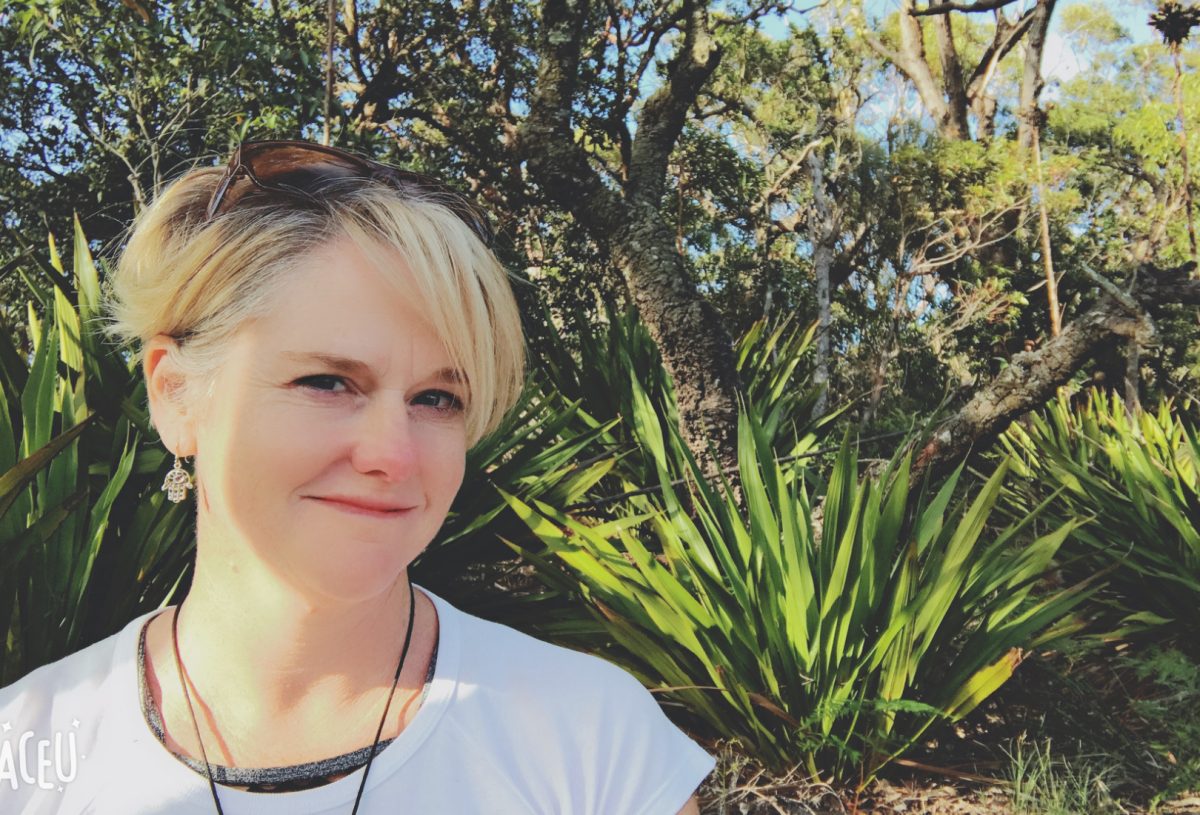
Kay Minett is qualified as a non-Mandarin-speaking oriental medicine doctor in Australia and China. Photo: Supplied.
A career change saw Wollongong’s Kay Minett retrain as a doctor in oriental medicine and become one of only two in NSW Health delivering acupuncture as part of the wellness program for oncology to improve the wellbeing of those with cancer.
Qualified as a non-Mandarin-speaking oriental medicine doctor in Australia and China, Kay is proof that your pathway out of school isn’t always where you end up.
Undecided about a career before entering the University of Wollongong (UOW), she took the unusual path of a combined Bachelor of Science and Bachelor of Law degree when few others were combining such subjects.
However, a year abroad on a study exchange left her without the funds to register as a solicitor at the end of her degree.
Instead, she entered management consultancy before travelling internationally where she transitioned into research administration in Germany, Ireland and eventually back at UoW.
But as children came along, Kay sought a change.
She was drawn to study a Bachelor of Health Science and Master of Traditional Chinese Medicine in western Sydney, which took her to China for four months.
“I got to wear a white coat and a little sign that said ‘doctor’,” she said.
“That master’s degree and internship gave me a Bachelor of Medicine over there, so I’m qualified to be a GP or hospital doctor in China.
“I started at UOW doing science law and I ended up back in the Illawarra as a Chinese medicine practitioner.
“Whatever you choose at 18 isn’t necessarily set in stone, but it’s all just part of the journey that gets you to where you eventually need to be.”
Kay said she was drawn to the “mystery of it, because it’s like a little puzzle”.
“When you come down with something, you ask, ‘Why has the body let that happen?’ and you’ve got to trace back the physiology and the pathophysiology as to why the body is showing those symptoms,” she said.
“Then with the needles, address it and put the body back on the right track.”
Now specialising in the Japanese form, Kay said oriental medicine was different because it used lifestyle and symptoms to diagnose patients, who could then be treated by a range of modalities, with the ancient medical art of acupuncture being the best known.
“They’re just so much more in tune with nature, with the seasons and everything that we’ve gone away from, which is causing our lifestyle diseases,” she said.
For the past five years, she has also been one of only two in NSW Health who do acupuncture as part of the wellness program for oncology in south-western Sydney.
“It’s privately run through some of the cancer centres and through the Mater Hospital and Chris O’Brien (Lifehouse),” Kay said.
“It’s not something that a lot of people have on their radar, particularly with going through cancer.”
Kay said the biomedical view of cancer was focused on blood tests, whether cancer markers were coming down and if the tumour was shrinking, whereas the wellness centre focused on “the actual human that had to go through all of it”.
“The wellness program is really about: Is the chemo making them nauseous? How can we address the nausea and make sure they can eat to keep their strength up?” she said.
“If they’ve got hot flushes because they’re on hormone blockers after breast cancer treatment, and they can’t go out because they need nine showers a day, what can I do that gets them their quality of life back, even though they’re going through this arduous disease and treatment?”
Kay said an oncologist recently remarked: “I don’t know what you do, but everybody feels so much better after seeing you.”
“Cancer patients have specific issues they’re dealing with – it’s either chemo or radiation or they’re recovering from surgery and so there’s definitely a role we can play,” she said.
“But I had a 21-year-old who came in, super healthy, and said, ‘I’ve just heard oriental medicine is good for longevity. What can I do?’”
Kay said people were now more open to oriental medicine to treat various ailments than in the past.
“Trying to tell somebody 10 years ago what you were trained in, they’d say, ‘You’re trained in what?’,” she said, laughing.
“Although, a lot of my cancer patients haven’t had it before.”
She said fundraising support for cancer services meant patients who had never considered acupuncture had the opportunity to try it.
“It’s definitely becoming more accepted and a lot more people that I see privately have had acupuncture before.”
Kay sees private patients through her practice Re-Zen Acupuncture in Wollongong and Austinmer, and emphasised that acupuncture was different from dry needling often administered by physios, chiropractors and podiatrists.
Acupuncture involves thin needles being inserted into targeted areas to restore balance and encourage the body to heal itself.
“It’s not a standalone. You make a diagnosis according to oriental medicine, and acupuncture is one of the tools,” Kay said.
Other tools she uses include herbal therapy, friction technique Gua Sha, traditional flame cupping and moxibustion, which involves burning a herb on or near the skin.
“I was chatting to the oncologist and she said, ‘Do you still do what you do?’. I said, ‘Poke and smoke? Absolutely’,” Kay said, laughing.
She said her goal was simply to make patients who travelled from Kiama to the Blue Mountains to see her feel better.
And her education hasn’t stopped, now training in advanced Japanese acupuncture for deep emotional trauma, admitting “There’s just no end to learning”.









